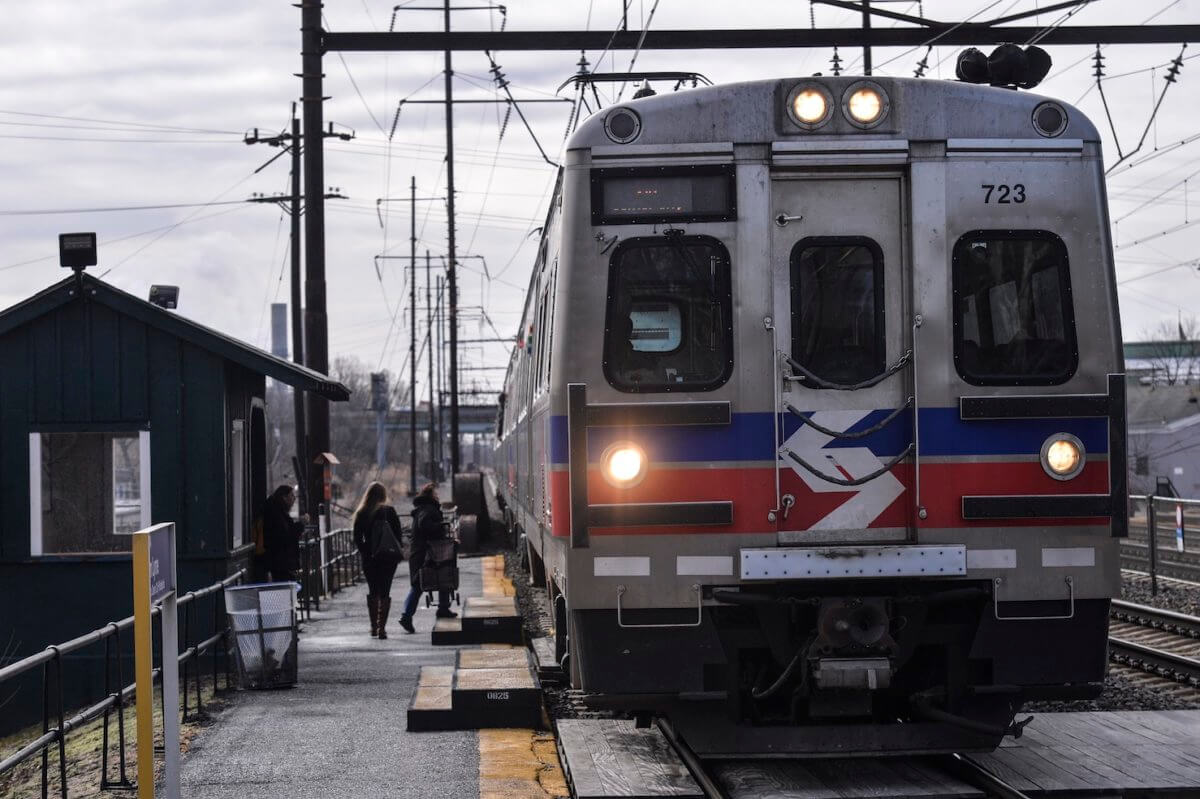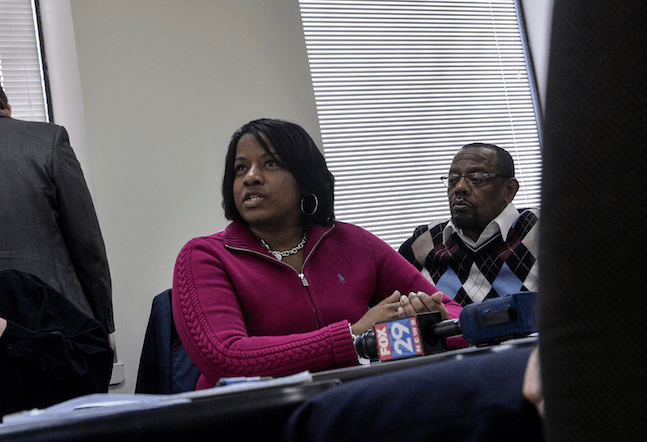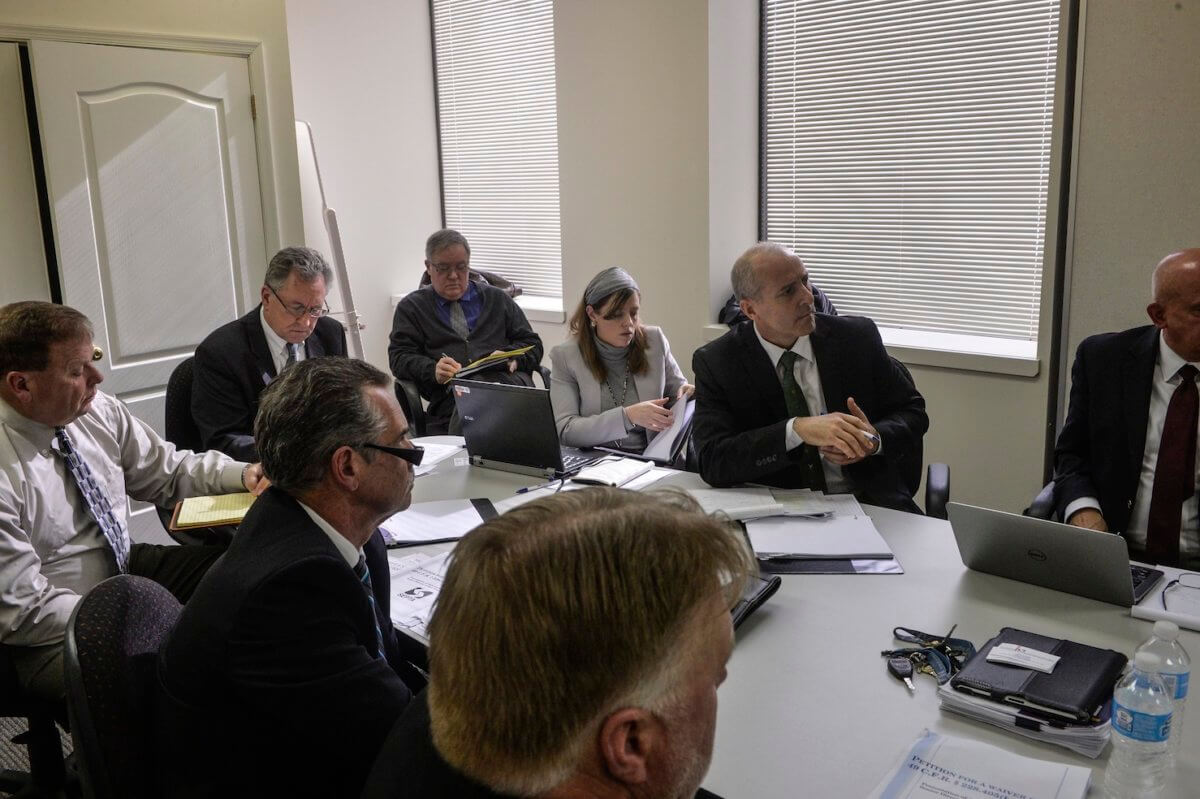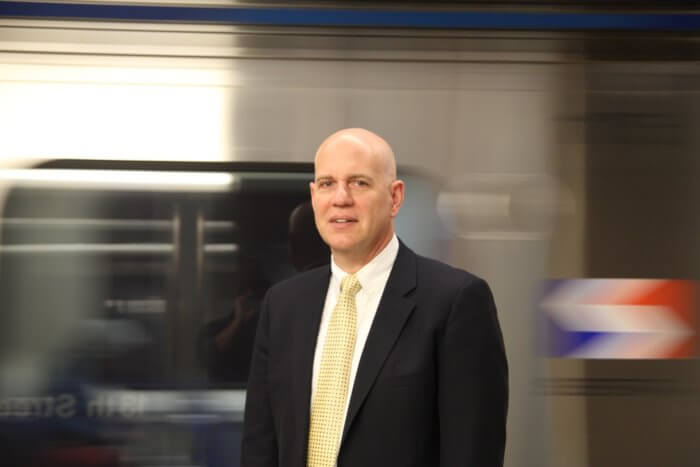Tracie Hand, 37, has worked as a SEPTA Regional Rail engineer for six years, piloting thousands of passengers around the Philadelphia region.
In that time, she’s never had two consecutive days off.
Things came to head, Hand testified at a federal hearing Tuesday, around Christmas — when she was asked to pull a double shift after the holiday, after working 9 days straight, with just 12 hours off to celebrate Christmas. “I’ve been up since 3 a.m. this morning, and now I have to stay up running a train until seven the next morning?” was Hand’s reaction, she testified.
This 30-hour day and other stories came out at a Federal Railroad Administration (FRA) hearing on whether to extend a safety waiver that SEPTA was granted by the Feds in October 2012.
The waiver lets the agency put train drivers on 14-hour, six-day work schedules to make up for shortages in manpower.
What’s on people’s minds is the 2013 crash of a Metro-North commuter train in New York City that derailed, killing four people. An investigation tied the crash to driver fatigue. The train’s engineer was reportedly asleep as the train speeded around a curve at 82 miles per hour in a 30 miles per hour speed-limit zone. “That’s a wake-up call in terms of what can happen with fatigued employees, and in my opinion, its 100 percent preventable,” said Michael Stevens, a SEPTA conductor and the vice general chairman of UTU Local 61. “We need to renew our focus on crew fatigue.” The Brotherhood of Locomotive Engineers and Trainmen, which represents roughly 200 Regional Rail engineers, and the SMART United Transportation Union, which represents 380 conductors in the Philly area, say the waiver should be ended. “We don’t think you should want until an accident to change the rules,” said Steve Bruno, BLET’s National Secretary-Treasurer.
SEPTA says it has a “fatigue mitigation” program that is intended to distribute assignments and to track workers’ productivity to ensure safe operations. It says it’s training 18 new engineers to reduce manpower shortages. But the workers don’t think that’s enough.
“Things happen out of the blue,” said Richard Dixon, general manager of the Philadelphia BLET local. “Being a little tired or something, it can possibly be a pretty volatile situation.” “We’re in an industry and a specific job that has little to no margin of error. The possibility of a catastrophe always exists,” he said.
An FRA director said a decision on whether or not to extend SEPTA’s safety waiver could take four or more months.
Comment is still open for one month for the public to submit documents or testimony to the FRA related to this issue.


































